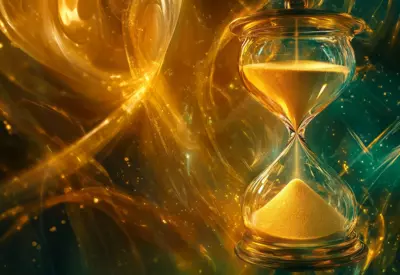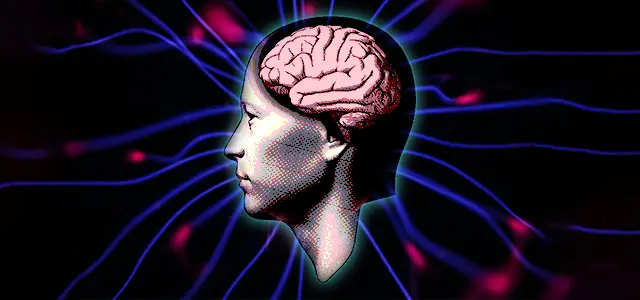The future is always uncertain. But today it is possibly more unknown than ever. For World Philosophy Day 2024, we asked leading thinkers how philosophy can help us navigate this future. Together, their reflections challenge us to think deeper, question more boldly, and reimagine our shared path forward.
To navigate life in a confusing world, one must develop an understanding of self and its place and role in nature, for life is the development of the self and its contribution to nature. Philosophy is always the route towards this understanding, even when done implicitly and reflexively. Today, the mainstream cultural narrative in the West is that the self is a by-product of evanescent material arrangements, and that life is mostly—if not solely—about the self. Your life is about you, mine about me—or so the story goes, even among professional wellbeing specialists. Yet, this notion is poor philosophy, for we are a product of nature, and always a part of it. Our life and role in the world are no more about ourselves—as opposed to the world—than the life and role of an apple blossom is about the apple blossom—as opposed to the apple tree. A neurotic apple blossom living according to this flawed philosophy of life wouldn’t play its role in the grander scheme of apple trees and nature at large: that or forming a viable seed and then making way for the fruit. Instead, it would fruitlessly struggle to remain forever open and fresh. Our life is lived only once; we only have one draft and no chance for revision. We’d thus do well to reflect seriously on the philosophy of life that—whether we’re aware of it or not—informs how we live. The alternative is a poor, thoughtless draft.
Bernardo Kastrup is a philosopher and computer scientist, advocating for metaphysical idealism—the notion that reality is fundamentally mental. SUGGESTED VIEWING The new science of consciousness With Patricia Churchland, Carlo Rovelli, Bernardo Kastrup
How can philosophy help us navigate an uncertain or unknown future? By looking back to the past.
I have sometimes been disappointed by how little the history of philosophy is actually taught in philosophy courses. It is not enough to give students the tools of philosophical reasoning, they must also understand where and how these tools came about so that they don’t end up reinventing previously formulated solutions.
Too often we imagine that the challenges we face, both individually and collectively, are entirely unique. And while it is true that each era of human history has brought about its own kinds of struggles, we should not underestimate how much we have in common with the thinkers of the past, with their hopes, dreams and anxieties. The sheer volume of Seneca quotes shared daily on Instagram appears to indicate that even a thinker born circa 4 BC can still be relatable. Today, I am struck by the prescience and relatability of a French philosopher, Henri Bergson, whose words, despite having been written over 90 years ago, resonate now more than ever: “Mankind lies groaning, half-crushed beneath the weight of its own progress. Men do not sufficiently realize that their future is in their own hands.” Despite their ignorance of our current problems, philosophers of the past still have a lot to say to the present.
Emily Herring is a freelance writer and editor. She is the author of the first biography of Henri Bergson in English Herald of a Restless World: How Henri Bergson Brought Philosophy to the People.
 SUGGESTED READING
Time is not made of distinct present moments
By Emily Herring
SUGGESTED READING
Time is not made of distinct present moments
By Emily Herring






















Join the conversation